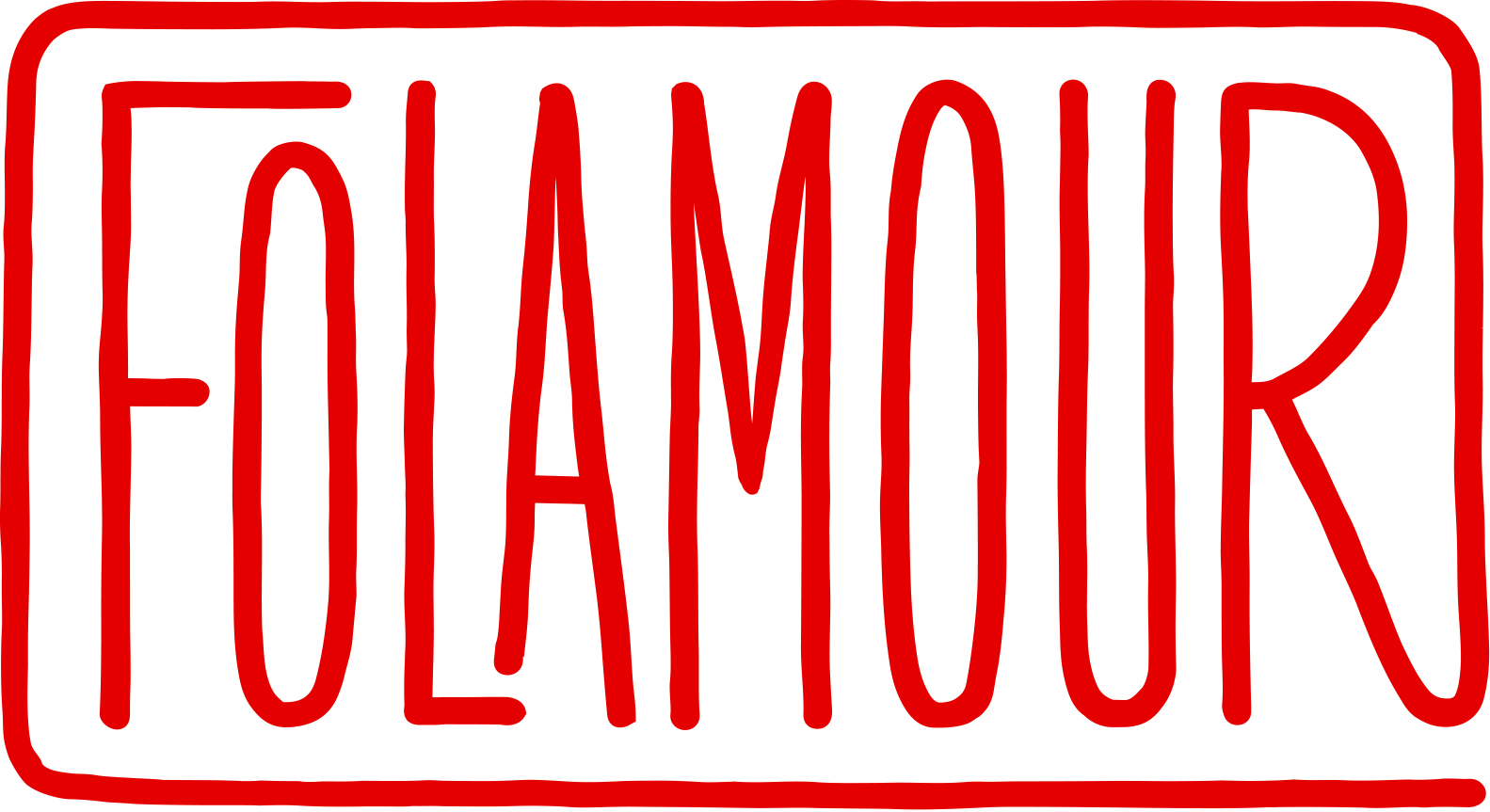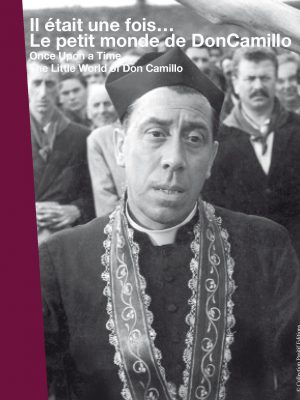ONCE UPON A TIME... THE LITTLE WORLD OF DON CAMILLO
| Director | Hubert Niogret |
| Writers | Hubert Niogret, Serge July and Marie Genin |
| Image | Emmanuelle Collinot, Hervé Lode |
| Sound | Thierry Blandin, Olivier Le Vacon |
| Editing | Nathalie Langlade, Pierre Haberer |
| Length | 52 minutes |
| Format | HD Cam, 16/9e |
| Version | French |
| Copyrights | Folamour – TCM – 2010 |
| Broadcasters | France Televisions, TCM |
Protagonists:
- Christian DUVIVIER, son of Julien Duvivier
- Franco INTERLENGHI, actor, role of Mariolino Brusco
- Denise MORLOT, Julien Duvivier’s script supervisor
- Alberto GUARESCHI, son of Giovaninno Guareschi
- Tatti SANGUINETTI, specialist in film censorship in Italy
- Alberto TOSCANO, journalist
- Xavier GIANNOLI, filmmaker
- Marc LAZAR, historian
- Laurent GERRA, humorist
Portrait of a film: Following the Second World War, Don Camillo, the parish priest of an Italian village in Emilia-Romagna, and the communist mayor Peppone fight for the favours of their constituents. Former companions of the Resistance who have become political opponents, they sometimes make common cause when the general interest is at stake. For this social comedy, somewhere between farce and satire, Julien Duvivier’s great idea was to insist on having Fernandel in the cast, and to make him converse with Jesus. With 12 million tickets sold, the film is one of the biggest post-war successes in the world.
Portrait of an era: Don Camillo and Peppone represent the two sides of Italy in the late 1940s, split into two large blocks, Catholic and Communist. Their tragicomical clashes only reflect the tensions of the post-war period, the reconstruction and the beginning of the Cold War. The film is released just as Italy enters a period of spectacular economic recovery.
Portrait of a filmmaker: Julien Duvivier was 56 years old in 1952 and already enjoyed a long career that began in the days of silent cinema. With Marcel Carné and Jean Renoir, he represents the French cinema of the inter-war period, and has directed several masterpieces such as Carrot Hair, The Beautiful Team and Pépé The Moko. In 1953, he directed the second episode of Don Camillo’s cinematic adventures.


 EN
EN FR
FR